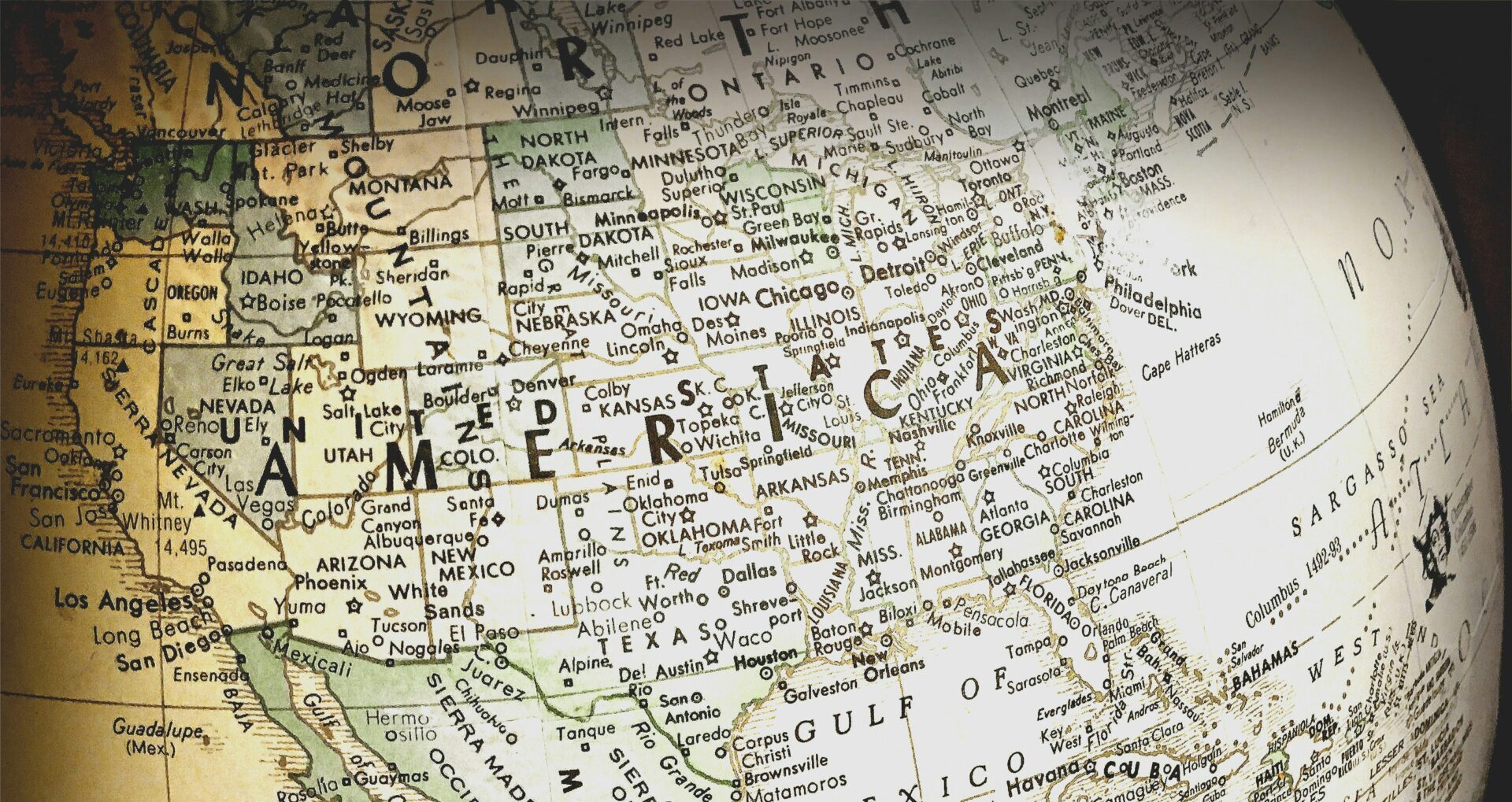Going abroad for research is one of those things that sounds like the dream of every scientist. Now it just happens to be the case that I am on my way to the United States — the land of dreams — to make this dream a reality. Although this has actually never really been a dream of mine, I am about to start my own scientific research project at the Medical College of Wisconsin in exactly 11 days. One year, a new project, a new city, and the start of my blog about my genuine experiences as a scientist.
I’ve cleared out my rental house in Rotterdam, reduced my belongings to two large suitcases plus carry-on luggage, and I’m on the plane to Chicago. “Why am I doing this?” is a question that has occasionally haunted my mind over the past few days. Hopefully, this blog can provide some clarity, but first, let me give you some background information.
Since March 29, 2023, I can call myself a doctor, a title for which I worked with immense passion on my own PhD research for five years. The defense of my dissertation, ‘Placental Origins of Health and Disease,’ ended in what I would describe as an anticlimax. Not because it went poorly—on the contrary, it went very well. But when I received my doctorate, I didn’t feel the euphoria I had seen and felt in others. I’ve written more about that situation on LinkedIn.
After completing my PhD, I began to question whether I really wanted to be a scientist. Not because I don’t enjoy research; I love asking questions, marveling at the unknown, and creating projects to find answers. But suddenly, something was missing. Why don’t I enjoy this anymore? It’s a question I couldn’t really discuss with many people in academia. When I did express it, I often heard, “But Michelle, you’re doing so well! You’re good at this and everything is going smoothly.” It’s a comment that makes me want to explode internally, especially after my sports career, where I was pushed into overreaching with the same arguments: “But Michelle, you’re performing so well, why would you say you’re not feeling great in this situation.”
Let me explain something about the academic world. You can best imagine it as a one-way ladder, where everyone constantly tries to climb a step higher. If you don’t reach the next step, you ‘fall off.’ This mentality starts already during scientific training, where, after earning your bachelor’s degree, you’re expected to pursue a master’s degree. My doubts about whether academia was right for me after a disappointing internship during my bachelor’s were brushed aside with, “It can’t hurt to do a master’s.” In my case, that was certainly true, because during my master’s, I completed three internships that were so enjoyable that I decided I wanted to pursue a PhD. After earning a PhD, scientists often hop from postdoc to postdoc position (temporary project-based contracts) in the hope of eventually being hired as an assistant professor, then promoted to associate professor, and one day becoming a full professor.
The “correct” academic career path can be summarized as follows: study → PhD → postdoctoral researcher → assistant professor → associate professor → professor, with your work always dependent on the amount of funding you secure through grant applications, and where you typically only get a permanent job at one of the last three stages.
Back to me. It’s quite logical that people in academia tell me I am in a good spot, but I felt like a change would do me good. I wanted to learn new things in a new environment. The deal: “If you secure your own grant, you can spend up to a year abroad to learn new techniques.” This appealed to me greatly — I came up with my own research project, which would allow me to learn new things in a new environment. After two fundig rejections, in spring 2024 I received an email with the results of the third and last funding opportunity I applied for. A mixture of curiousity and anxiety transformed into excitement when I found out I was awarded funding for the project. A period filled with rounding up things in the Netherlands, and preparations for the US followed.
And now here I am, a few months later, on an airplane heading to Milwaukee, USA. Curious about what the coming year will bring, and excited to learn new techniques within my own research project: Deciphering the role of IDO1 in the human vasculature.



